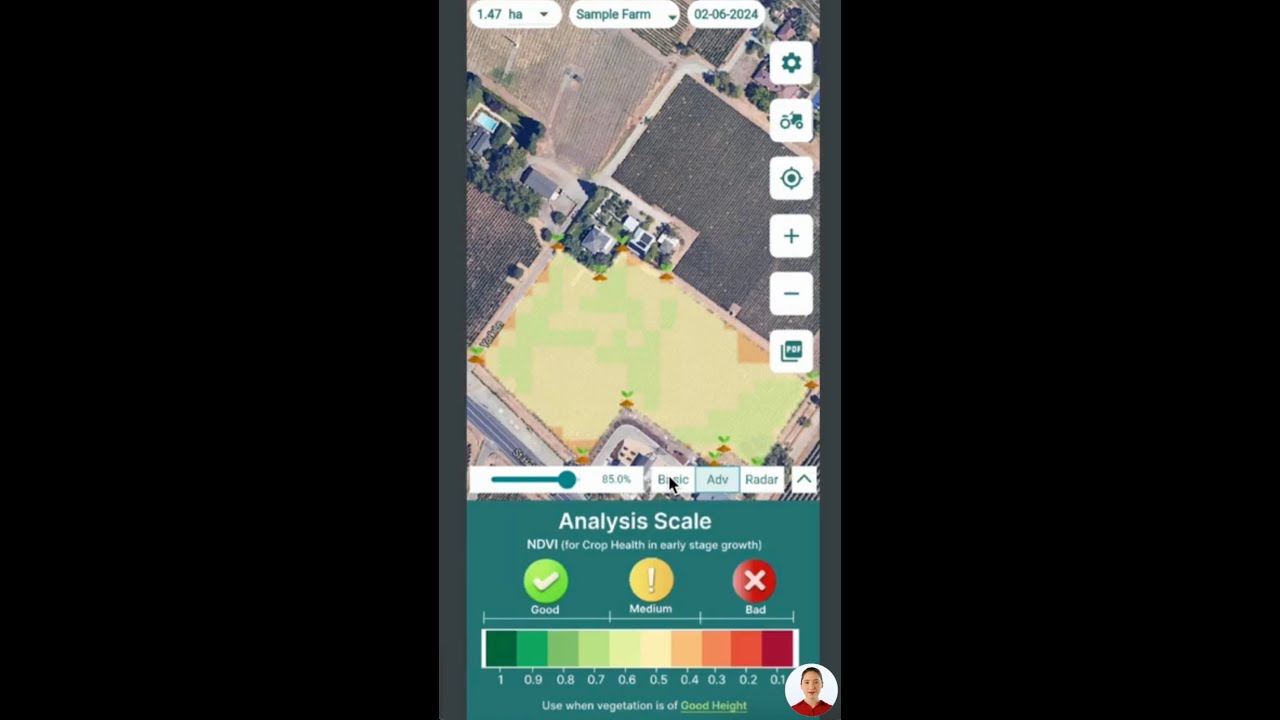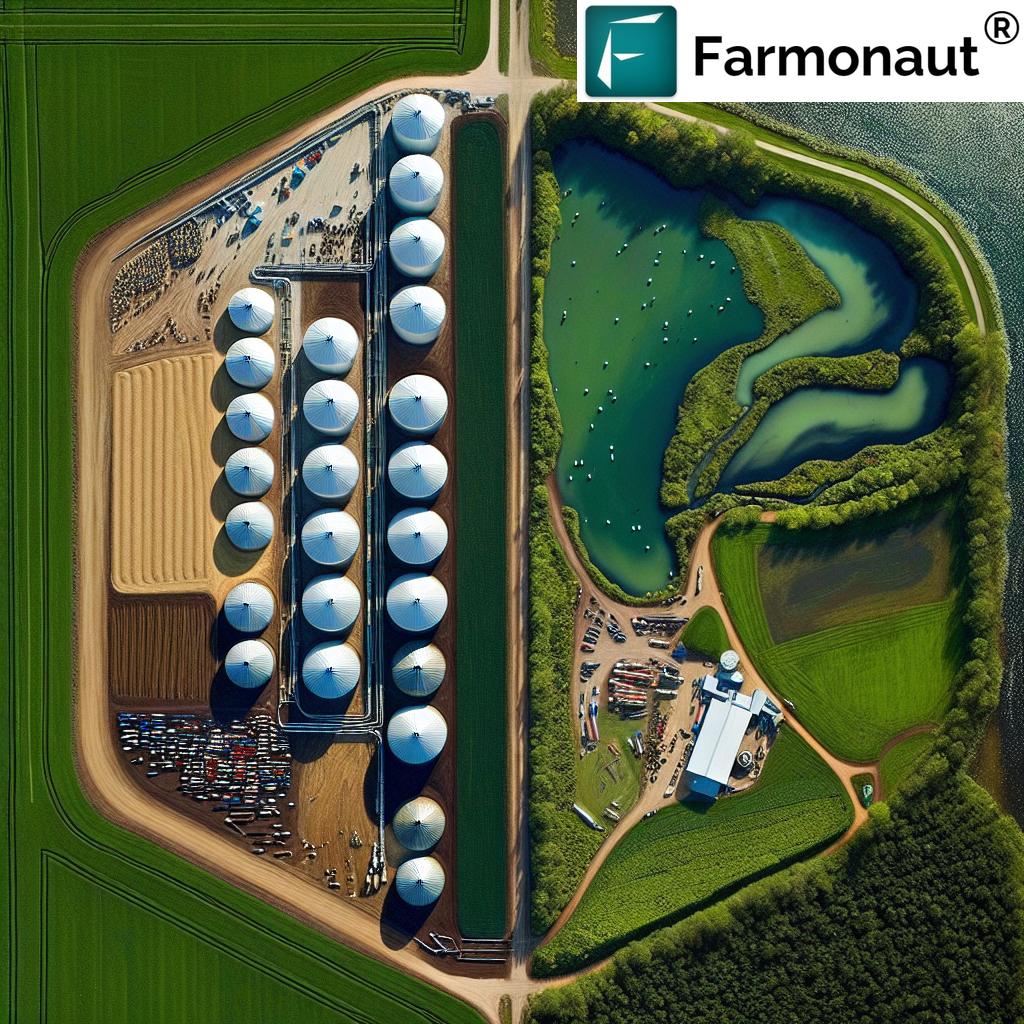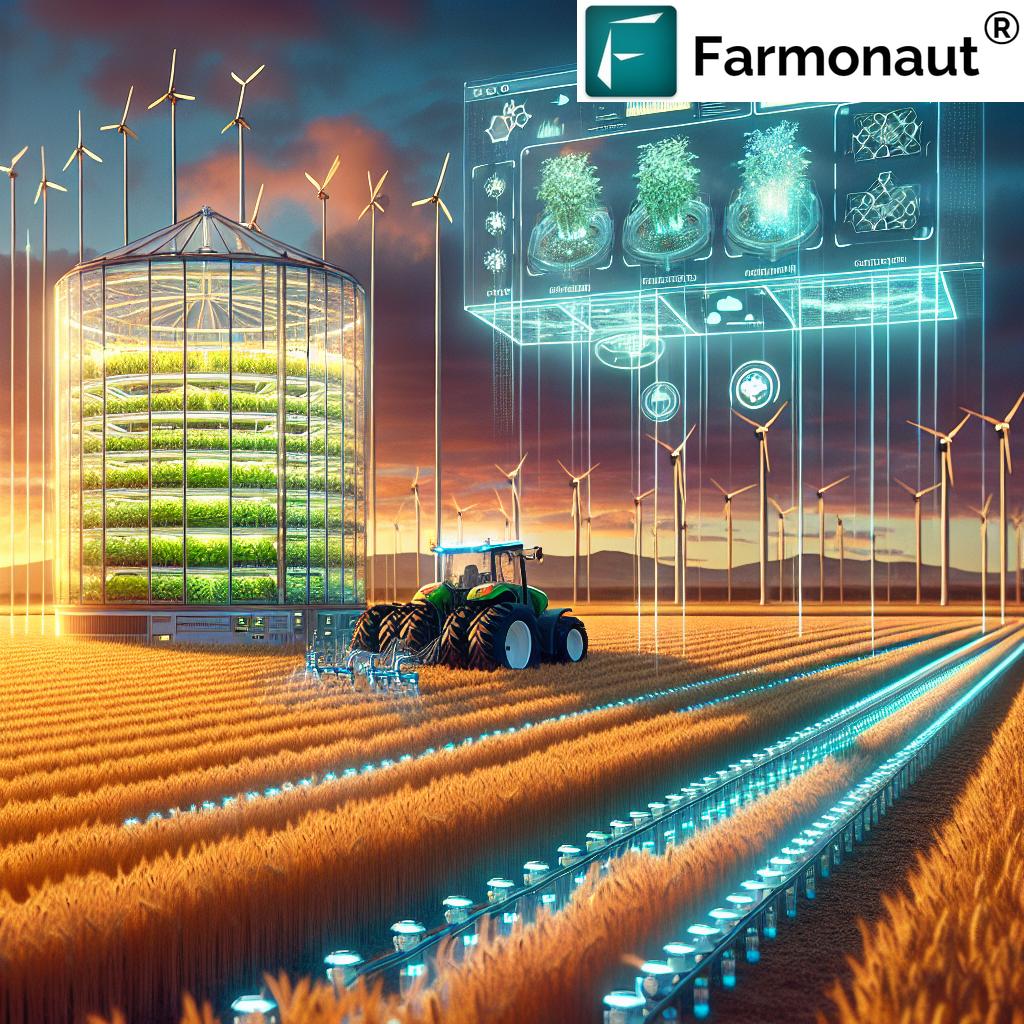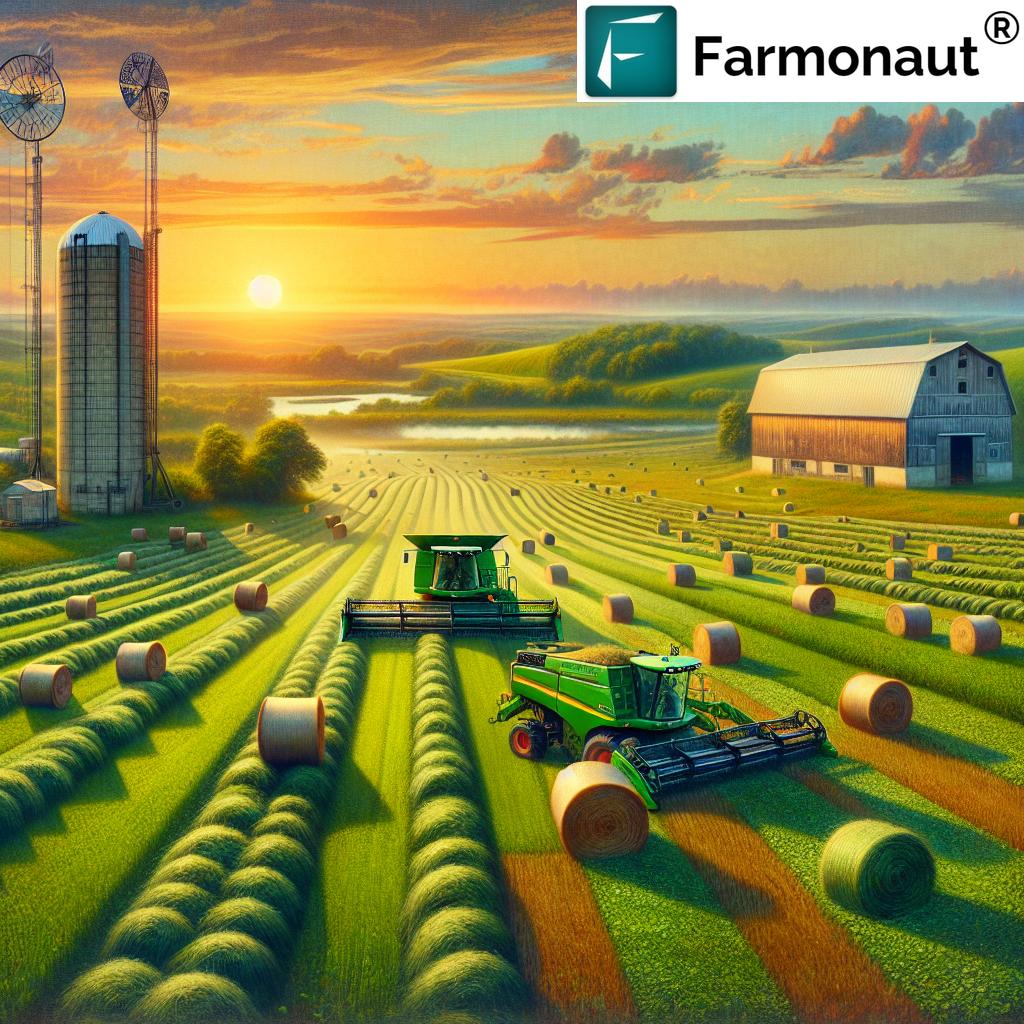Indiana’s Agricultural Legacy: Celebrating Hoosier Homestead Bicentennial Farms and Family-Owned Rural Properties

“Indiana’s Hoosier Homestead Award program has recognized 56 farming families in spring 2025, including two bicentennial farms.”
As we delve into the rich tapestry of Indiana agriculture, we find ourselves at the heart of a celebration that spans generations. The Hoosier Homestead Award program stands as a testament to the enduring spirit of Indiana’s farming families, honoring those who have tilled the soil and nurtured the land for over a century. In this comprehensive exploration, we’ll uncover the significance of this prestigious recognition, the stories of resilience behind these family farms, and the vital role they play in shaping Indiana’s agricultural landscape.
The Hoosier Homestead Award: A Legacy of Agricultural Excellence
The Hoosier Homestead Award is more than just a recognition; it’s a celebration of Indiana’s farming legacy. Established in 1976, this program has become a cornerstone in acknowledging the dedication and perseverance of farming families across the state. To date, over 6,200 families have received this esteemed honor, each representing a living history of Indiana’s agricultural prowess.
At its core, the Hoosier Homestead Award recognizes three distinct milestones in farm ownership:
- Centennial Award: For farms owned by the same family for 100 years
- Sesquicentennial Award: Celebrating 150 years of continuous family ownership
- Bicentennial Award: The pinnacle of recognition for 200 years of unbroken family stewardship
These awards not only honor the longevity of farm ownership but also highlight the pivotal role these families play in Indiana’s rural development and sustainable farming practices.
Criteria for the Hoosier Homestead Award
“Eligible Hoosier Homestead farms must maintain ownership for over 100 years and have at least 20 acres or produce significant agricultural products.”
To qualify for this prestigious recognition, farms must meet specific criteria that underscore their commitment to agriculture and family legacy:
- Continuous family ownership for at least 100 years
- A minimum of 20 acres of land
- For farms under 20 acres, annual agricultural product production exceeding $1,000
These requirements ensure that the Hoosier Homestead Award truly represents the backbone of Indiana’s agricultural industry – farms that have stood the test of time and continue to contribute significantly to the state’s economy.
The Spring 2025 Ceremony: A Celebration of Agricultural Heritage
The spring 2025 ceremony at the Indiana Statehouse was a momentous occasion, bringing together 56 farming families to receive their well-deserved Hoosier Homestead Awards. This event, presided over by Lt. Gov. Micah Beckwith and Indiana State Department of Agriculture (ISDA) Director Don Lamb, was a poignant reminder of the state’s deep-rooted agricultural traditions.
Among the honorees, two farms in Decatur County stood out for their extraordinary achievement – receiving the Bicentennial Award for 200 years of continuous ownership. These farms, belonging to the Hamilton Batterton family and the McCoy family, exemplify the pinnacle of agricultural dedication and family legacy in Indiana.
| Award Category | Years of Ownership | Estimated Number of Recipients (2025 Ceremony) |
|---|---|---|
| Centennial Farms | 100-149 years | ~40 recipients |
| Sesquicentennial Farms | 150-199 years | ~14 recipients |
| Bicentennial Farms | 200+ years | 2 recipients |
This table illustrates the distribution of awards at the 2025 ceremony, highlighting the rarity and significance of bicentennial farms in Indiana’s agricultural landscape.
The Impact of Long-Standing Family Farms on Indiana’s Economy
Family-owned farms are the bedrock of Indiana’s agricultural sector, playing a crucial role in the state’s economy and rural development. These long-standing properties contribute significantly to Indiana’s status as a leading agricultural state, producing a wide variety of crops and livestock that feed not only the local population but also contribute to national and international markets.
The dedication of these farming families to their land and profession has led to innovations in sustainable farming practices, soil conservation, and crop diversity. Their century-long experience provides valuable insights into climate adaptation and resilient agricultural methods, which are increasingly important in the face of global environmental challenges.
Sustainable Farming Practices: A Legacy of Innovation
Many Hoosier Homestead farms have been at the forefront of adopting sustainable farming practices. These methods not only ensure the longevity of their operations but also contribute to environmental conservation efforts. Some of the innovative practices employed by these century-old farms include:
- Crop rotation to maintain soil health
- Implementation of no-till farming to reduce soil erosion
- Use of cover crops to improve soil structure and nutrient content
- Adoption of precision agriculture techniques to optimize resource use
These practices demonstrate how Indiana’s long-standing farms blend traditional knowledge with modern agricultural innovations, setting a standard for sustainable farming across the state.
The Role of Technology in Modern Farming
While celebrating their rich history, many Hoosier Homestead farms are also embracing modern technology to enhance their operations. This is where innovative solutions like Farmonaut come into play. Farmonaut offers advanced, satellite-based farm management solutions that can help these historic farms continue to thrive in the modern agricultural landscape.
Farmonaut’s platform provides valuable services such as real-time crop health monitoring, AI-based advisory systems, and resource management tools. These technologies can help Hoosier Homestead farms:
- Monitor crop health using satellite imagery
- Make informed decisions about irrigation and fertilizer use
- Optimize yields while reducing resource wastage
- Access personalized farm advisory through the Jeevn AI system
By integrating these modern tools with their generations of farming knowledge, Indiana’s historic farms can continue to lead in agricultural innovation and sustainability.
Preserving Agricultural Heritage: The Importance of Recognition
The Hoosier Homestead Award program does more than just honor individual families; it plays a crucial role in preserving Indiana’s agricultural heritage. By recognizing these long-standing farms, the program:
- Encourages the continuation of family farming traditions
- Raises awareness about the importance of agriculture in Indiana’s history and economy
- Promotes the value of sustainable, long-term land management
- Inspires younger generations to consider careers in agriculture
This recognition also serves as a reminder of the resilience and adaptability of Indiana’s farming communities, who have weathered economic fluctuations, technological changes, and environmental challenges over the decades.
The Future of Family Farming in Indiana
As we celebrate the bicentennial farms and other long-standing agricultural properties in Indiana, it’s natural to consider the future of family farming in the state. The challenges facing modern agriculture are numerous, including:
- Climate change and unpredictable weather patterns
- Market fluctuations and global competition
- The need for continuous technological adaptation
- Balancing tradition with innovation
However, the resilience demonstrated by Hoosier Homestead farms provides hope for the future. These families have shown that with dedication, adaptability, and a willingness to embrace new practices while honoring tradition, family farms can continue to thrive for generations to come.
Farmonaut’s API and API Developer Docs offer additional resources for those looking to integrate advanced agricultural technology into their farming practices.
Supporting the Next Generation of Farmers
To ensure the continued success of family farming in Indiana, it’s crucial to support the next generation of farmers. This support can come in various forms:
- Educational programs focusing on agricultural science and business management
- Mentorship opportunities pairing experienced farmers with newcomers
- Financial assistance and loan programs for young farmers
- Promotion of sustainable and innovative farming practices
By investing in the future of farming, Indiana can help ensure that its rich agricultural legacy continues for centuries to come.
The Role of Community in Sustaining Family Farms
The success of Hoosier Homestead farms is not just a testament to individual family efforts but also to the strong sense of community in rural Indiana. These long-standing farms have often been supported by:
- Local agricultural cooperatives
- Community events and farmers’ markets
- Mutual support among neighboring farms
- Local schools and universities partnering with farms for educational purposes
This community support has been crucial in helping family farms weather challenges and continue their legacy through generations.
Technological Advancements in Agriculture
As we look to the future of farming in Indiana, it’s clear that technology will play an increasingly important role. Farmonaut’s suite of tools represents just one aspect of the technological revolution in agriculture. Other advancements include:
- Precision agriculture techniques
- Drone technology for crop monitoring
- IoT (Internet of Things) devices for farm management
- AI and machine learning for predictive analytics in farming
These technologies can help even the most traditional farms improve their efficiency, sustainability, and profitability.
The Economic Impact of Long-Standing Farms
The economic contributions of Hoosier Homestead farms extend far beyond their immediate agricultural output. These long-standing properties contribute to the state’s economy in numerous ways:
- Providing stable employment in rural areas
- Supporting local businesses and services
- Contributing to Indiana’s agricultural exports
- Preserving open spaces and supporting tourism through agritourism initiatives
The continued success of these farms is crucial for maintaining the economic vitality of Indiana’s rural communities.
Environmental Stewardship and Biodiversity
Many Hoosier Homestead farms have become leaders in environmental stewardship, recognizing the importance of preserving the land for future generations. Their efforts often include:
- Implementing conservation practices to protect soil and water resources
- Maintaining natural habitats to support local wildlife
- Practicing integrated pest management to reduce chemical use
- Participating in wetland restoration and reforestation projects
These efforts not only benefit the farms themselves but also contribute to the overall ecological health of Indiana.
The Cultural Significance of Hoosier Homestead Farms
Beyond their economic and environmental impacts, Hoosier Homestead farms hold immense cultural significance for Indiana. They represent:
- A living connection to the state’s pioneer history
- The preservation of traditional farming knowledge and skills
- A source of pride and identity for rural communities
- An important educational resource for understanding agricultural heritage
The stories and traditions associated with these farms are an integral part of Indiana’s cultural fabric.
Challenges Facing Long-Standing Family Farms
While celebrating the achievements of Hoosier Homestead farms, it’s important to acknowledge the challenges they face:
- Pressure from urban development and loss of agricultural land
- Succession planning and transferring farms to the next generation
- Adapting to changing consumer preferences and market demands
- Balancing modernization with preservation of historical farming practices
Addressing these challenges will be crucial for ensuring the continued success of family farms in Indiana.
The Role of Agricultural Education
To support the future of farming in Indiana, agricultural education plays a vital role. This includes:
- School programs that introduce students to agricultural science and practices
- 4-H and FFA organizations that provide hands-on agricultural experience
- University research and extension programs that support farmers with the latest agricultural knowledge
- Adult education and training programs for current farmers looking to update their skills
These educational initiatives help ensure that Indiana’s agricultural legacy continues with well-prepared future generations.
Celebrating Indiana’s Agricultural Diversity
The Hoosier Homestead Award program highlights the diverse range of agricultural activities across Indiana. From corn and soybean production to dairy farming, livestock raising, and specialty crop cultivation, these long-standing farms showcase the variety of Indiana’s agricultural sector.
This diversity not only contributes to the state’s economic resilience but also ensures a rich and varied food supply for Indiana and beyond.
The Future of the Hoosier Homestead Award Program
As we look to the future, the Hoosier Homestead Award program continues to play a crucial role in recognizing and encouraging long-term family farm ownership. Potential future developments might include:
- Expanded categories to recognize different types of agricultural innovation
- Increased public awareness campaigns to highlight the importance of family farms
- Partnerships with educational institutions to document and preserve farm histories
- Integration of digital storytelling to share the legacy of Hoosier Homestead farms with a wider audience
These initiatives would further strengthen the program’s impact and ensure its relevance for future generations of Indiana farmers.
Conclusion: A Legacy of Resilience and Innovation
Indiana’s agricultural legacy, as celebrated through the Hoosier Homestead Award program, is a testament to the resilience, innovation, and dedication of the state’s farming families. From the bicentennial farms in Decatur County to the numerous centennial and sesquicentennial properties across the state, these long-standing agricultural operations form the backbone of Indiana’s rural communities and economy.
As we honor these farms, we also look to the future, recognizing the challenges and opportunities that lie ahead. With the integration of modern technologies like those offered by Farmonaut, and a continued commitment to sustainable practices and community support, Indiana’s family farms are well-positioned to continue their legacy of excellence for generations to come.
The Hoosier Homestead Award is more than just a recognition of longevity; it’s a celebration of the enduring spirit of Indiana agriculture, a tribute to the families who have stewarded the land for centuries, and a beacon of hope for the future of farming in the Hoosier state.
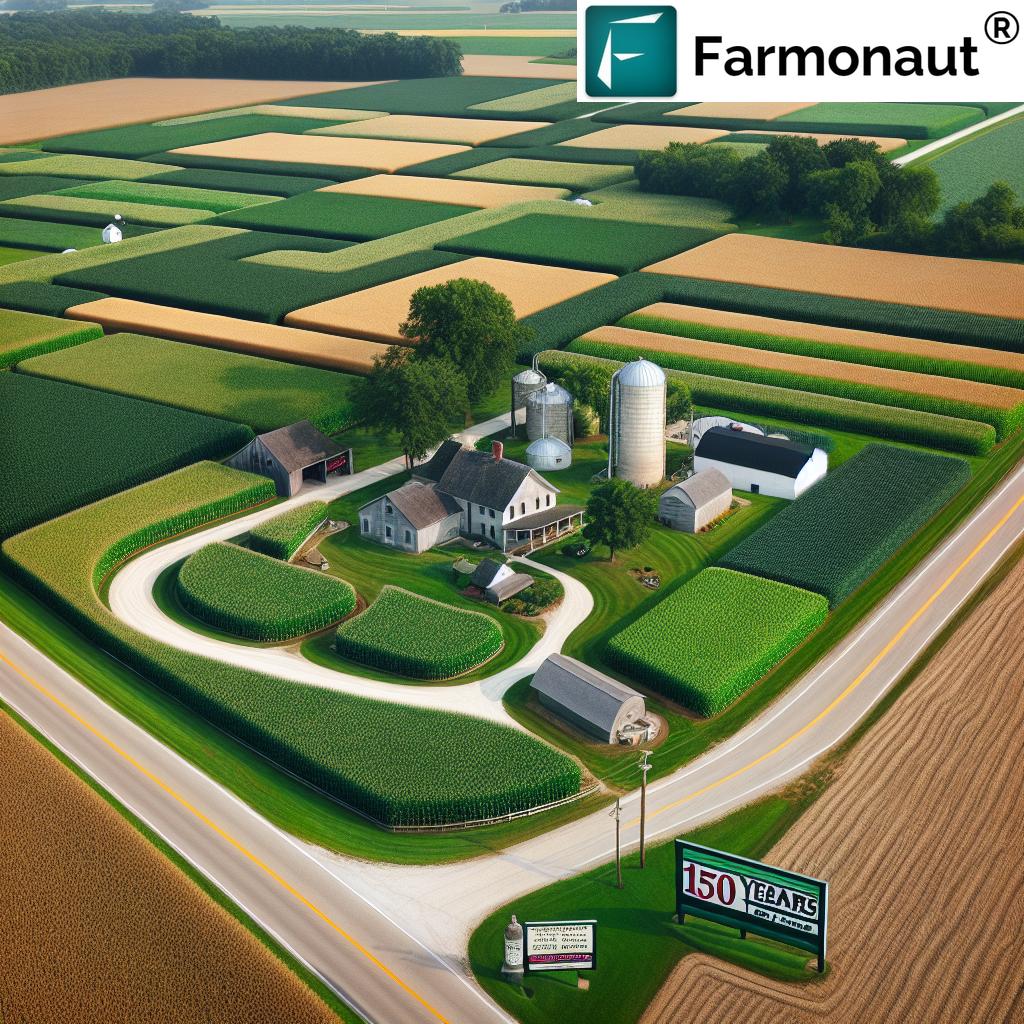
FAQ Section
- What is the Hoosier Homestead Award?
The Hoosier Homestead Award is a recognition program that honors long-standing family farms in Indiana. It celebrates farms that have been owned by the same family for 100 years or more. - How many categories of Hoosier Homestead Awards are there?
There are three categories: Centennial (100 years), Sesquicentennial (150 years), and Bicentennial (200 years) awards. - What are the criteria for receiving a Hoosier Homestead Award?
Farms must be owned by the same family for at least 100 years and consist of more than 20 acres. Farms under 20 acres qualify if they produce more than $1,000 of agricultural products annually. - How many farms have received the Hoosier Homestead Award since its inception?
Since the program began in 1976, over 6,200 families have received the Hoosier Homestead Award. - How often are Hoosier Homestead Award ceremonies held?
The ceremonies are typically held twice a year, in spring and summer, at the Indiana Statehouse.
Earn With Farmonaut: Affiliate Program
Earn 20% recurring commission with Farmonaut’s affiliate program by sharing your promo code and helping farmers save 10%. Onboard 10 Elite farmers monthly to earn a minimum of $148,000 annually—start now and grow your income!
Farmonaut Subscriptions



